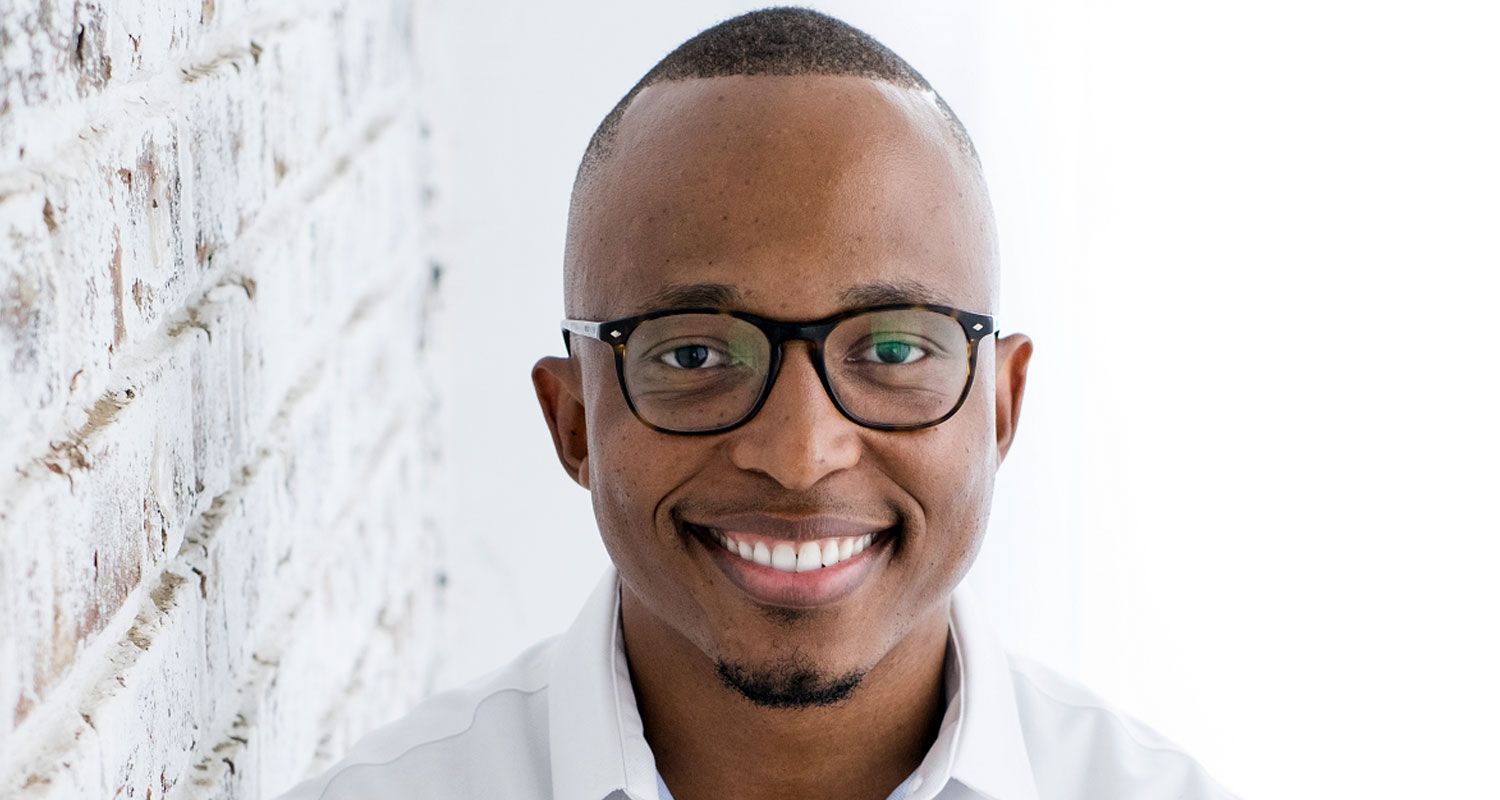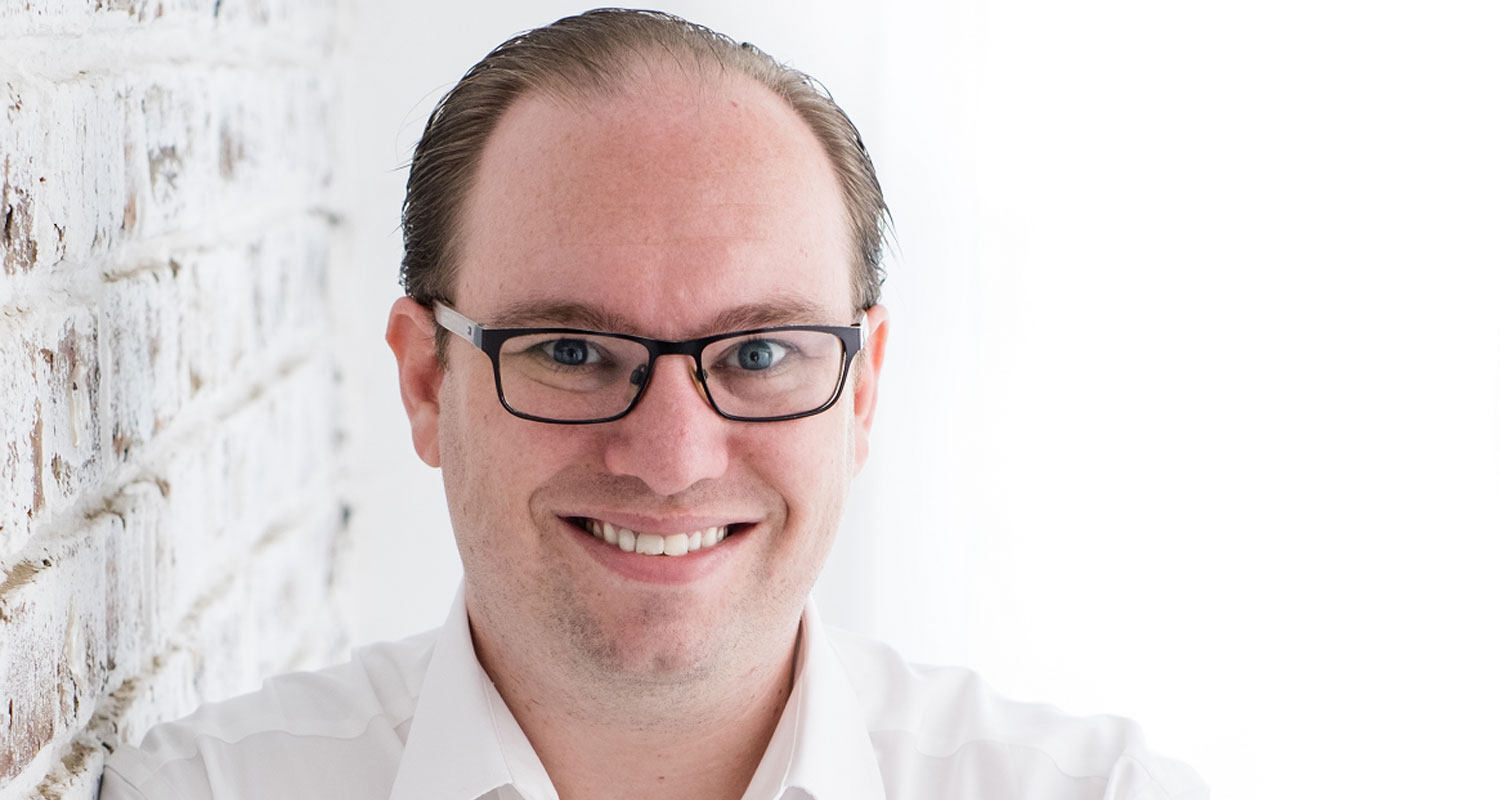
Quro Medical, a Johannesburg-based digital health company, is pioneering hospital-level monitoring of patients, but in their own homes, using advanced technologies it has developed in-house.
The company has built a biosensor — a patch, in essence — that patients attach to their chests. This biosensor, which connects via Bluetooth to a relay device, monitors key metrics such as heart rate, respiratory rate, when a patient is sitting or standing, core body temperature, and so on. The solution is called Hospital at Home.
“Our technology platform is built in-house, and we integrate the patch into the relay device,” said Joost Pielage, the company’s chief technology officer, in an interview. Quro has partnered with MTN South Africa to provide patients with data and various connectivity solutions so that they can use their relay device at home.
The company was founded when its CEO, Dr Vuyane Mhlomi, and chief operating officer Zikho Pali saw the limitations of the healthcare system in South Africa.
Mhlomi told TechCentral that hospitals, ironically, are not always the healthiest places for patients, especially vulnerable groups such as the elderly. For example, about 20% of elderly patients develop delirium when admitted, he said, and one in three hospital patients can lose “functional status” that they never regain. About 10% will have a hospital-acquired condition or a fall. Moreover, hospitals are expensive places to stay in and are hotspots for superbugs and other infections. The Quro solution was designed to address these challenges.
Pielage explained that the monitoring solution provides data via a single-lead ECG and offers oxygen saturation information, too. The company is in the process of adding a glucose monitor to assist patients with diabetes.
Advance warning
“Because we’re monitoring patients every minute, the slightest change in patient health data is picked up, and we’re able to prevent or at least get an advance warning about any possible deterioration, in time for patients to get them the necessary health care. For this, we work with an extensive network of emergency medical services,” says Pielage.
The Hospital at Home solution is available in Johannesburg, Pretoria and East London. There are plans to take the offering to other African countries, and emerging markets elsewhere in the world, in time.
“There’s an urgency to the work that we are doing, which is why we are sprinting to get this service to other countries,” said Mhlomi. The Hospital at Home solution is funded by various medical aid schemes, including Gems and Discovery Health. Patients not on medical aid can still access the service.

Mhlomi studied medicine at the University of Cape Town, graduating with first-class honours and several distinctions. He was awarded the Rhodes Scholarship and completed a DPhil at the University of Oxford.
His co-founder, Pali, is an admitted attorney who holds an LLB from the University of the Witwatersrand and an LLM from Harvard Law School.
A year ago, Quro secured seed funding of US$1.1-million. The investment round was led by Kenyan and South African venture capital firms Enza Capital and Mohau Equity Partners. The seed money was raised to allow the company to scale its operations. – © 2022 NewsCentral Media




